
Rise of the Robots
Technology and the Threat of a Jobless Future
Recommendation
Prepare for a roller-coaster ride as you see what’s coming and what’s already arrived in the form of robots, advanced machines and artificial intelligence (AI). Machines write many of the stories you read online and in print. They drive cars, perform surgeries, compose symphonies and build houses. You and your fellow diners soon might be the only humans in your favorite restaurant – the cooks and servers will be robots. And that’s only if you can afford to eat there, because you might lose your job to a robot as millions already have. Martin Ford’s carefully researched report fascinates, inspires and terrifies in equal measure. getAbstract recommends his insights and predictions to CEOs, CIOs, entrepreneurs, investors, designers, coders, retailers, wholesalers, and anyone attempting to make sense of the increasingly automated future. Look out ahead.
Summary
About the Author
Futurist Martin Ford runs a software firm in Silicon Valley.











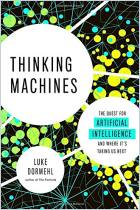

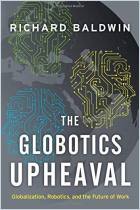
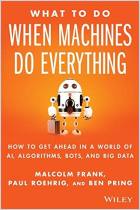
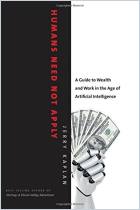
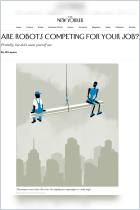
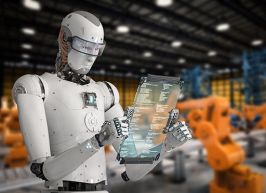
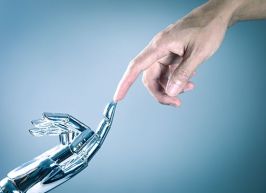




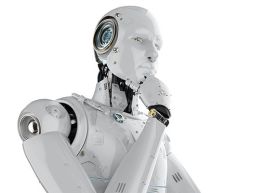



Comment on this summary or Diskussion beginnen